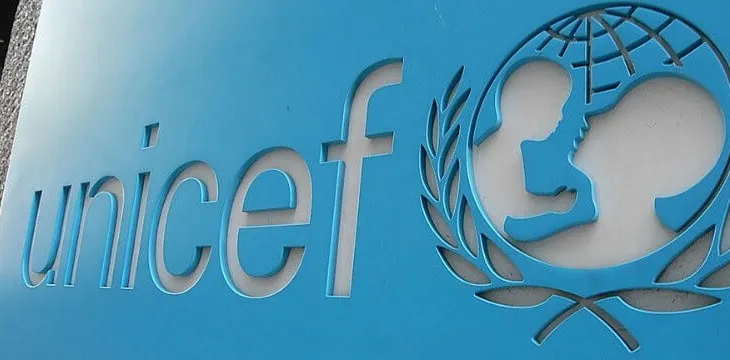|
Getting your Trinity Audio player ready...
|
In a funny twist, the mechanism commonly used as a mining malware is now being used for a good cause: UNICEF now allows you to donate some of your computing power instead of cash.
Since last year, several organizations—including government websites—have been plagued by a series of pestilent attacks based on several hacking tools leaked from the NSA. One of these tools gave birth to the CoinHive, a malware that had gained notoriety after discreetly being slipped into users’ computers through some usability plug-ins and secretly mined Monero for the hackers.
Now, Unicef is using a similar mechanism in order to generate funds without requiring donors to shell out their own cash. According to ZDNet, UNICEF’s donation platform is powered by the same Monero mining program. But unlike the Monero miner, the website—named theHopePage.org, clearly asks users for confirmation before using anybody’s system to mine for UNICEF Australia. Users can also adjust how much computing power they are willing to donate, and can simply keep the browser tab open to keep contributing. This gives people an opportunity to “give hope, just by being here,” as their website says.
“The longer you stay on the page and the more processor power you donate, the more algorithms get solved, which earns cryptocurrency,” they wrote in their website. “Mining is perfectly safe for your computer. If you’re ever worried about power consumption, turn down the amount of processing power you’re donating.”
Upon agreeing, the website then proceeds to use the viewer’s computing power to mine cryptocurrencies, the proceeds of which go directly to the fund, the organizations says.
“The cryptocurrency is automatically donated to UNICEF Australia and is turned into real funds that reach children through life-saving supplies like safe water, therapeutic food and vaccines. Turn the Hopepage into your homepage to give every day.”
As of last check, over 1,600 people were donating to the website.
This is not the first time UNICEF turned to cryptocurrency mining to solicit computing power donations. In February, they also appealed to online gamers, who are likely to have powerful graphics cards perfect for crypto mining. The website, Game Chaingers, would allow gamers to donate their computing power to help Syrian children, although attention to the website has died down since its launch.

 07-09-2025
07-09-2025 





